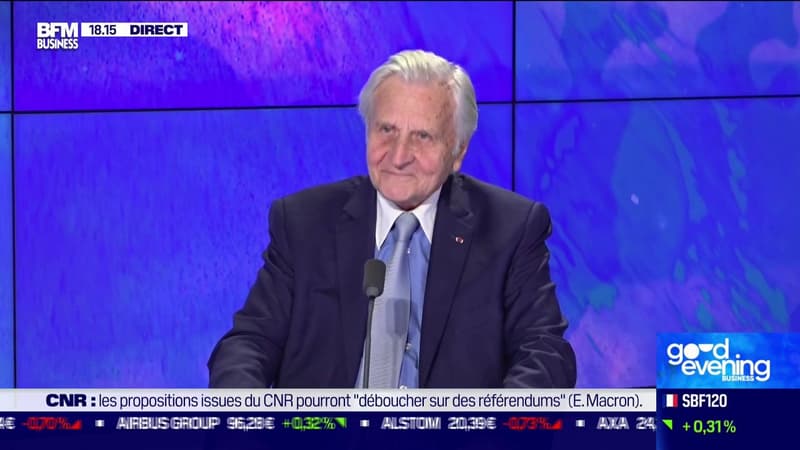The former governor of the ECB was invited to react, on the BFM Business antenna, to the announcement made a little earlier this Thursday by Christine Lagarde. In fact, the Frankfurt institution has chosen to increase its rates by 75 basis points, the largest increase since 1999.
Asked about the estimated belated reaction of the ECB, Jean-Claude Trichet underlined the “global consensus” that has persisted for a long time on inflation and the monetary policy to be adopted.
And to continue: “getting out of such a global consensus is never easy”. “Indeed, all the central banks of the advanced countries have had a hard time perceiving that we are changing the world,” he also admitted.
“It is never easy to see that we are really changing the world and that after ten years of ultra-accommodative policy and desperate efforts to get a little bit of inflation we are entering a completely different zone,” he said.
Distinction between apparent and core inflation
The former ECB chief also recalled the need to distinguish between “apparent inflation” and “core inflation”. “Apparent inflation incorporates a lot of energy prices of oil and gas and also agricultural prices,” he said. And to be precise: “and there it goes up and down, it doesn’t go up forever.”
“Core inflation does not directly depend on oil prices, agricultural prices; it indicates some persistent and lasting inflation,” he said. This, according to the former governor, is what allowed the ECB to conclude that the inflationary threat was confirmed.
Finally, Jean-Claude Trichet judged that there was an “economic model” problem, considering that the models used by the ECB “did not (reflect) periods of rapid transition”.
Source: BFM TV


